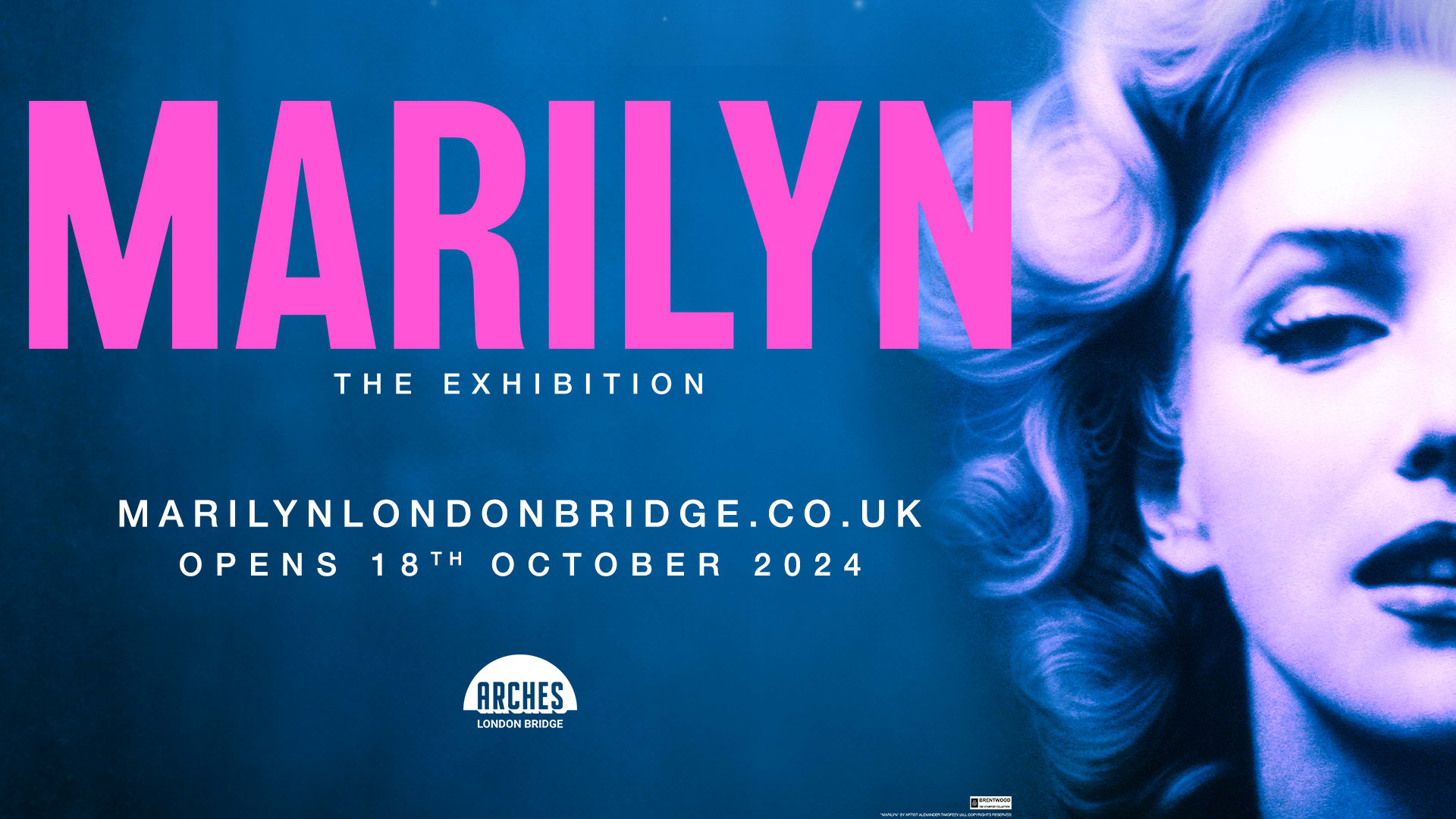The wonderful Kim Harvey, owner of excellent The Mad Hatter Bookshop in Burford (and Creative Director of The Burford Literary Festival) shares her reading suggestions for Black History Month
Windrush Child by Benjamin Zephaniah
In this heart-stopping adventure, Benjamin Zephaniah shows us what it was like to be a child of the Windrush generation. Leonard is shocked when he arrives with his mother in the port of Southampton. It's cold and even the Jamaican food doesn't taste the same as it did back home. Zephaniah pulls no punches in his depictions of the racism that Leonard suffers both at school and in the streets in a powerful, moving account of family and fitting in.
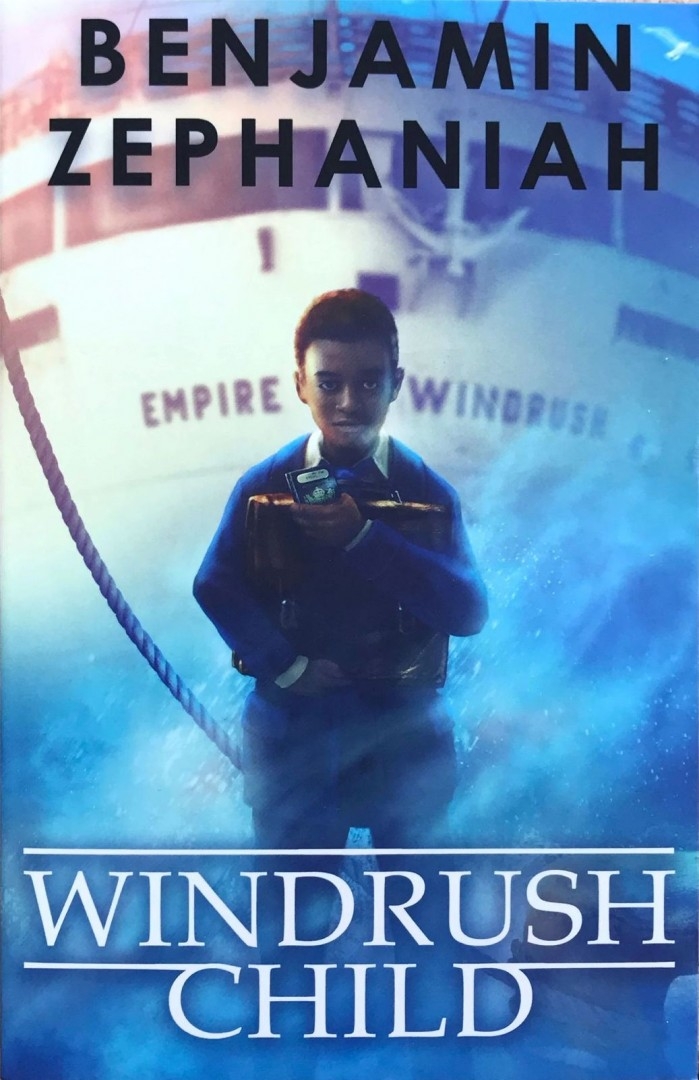
Black and British A Forgotten History by David Olusoga
Olusoga's deep and detailed research is evident and his writing unflinching as he tells the rich and revealing story of the long relationship between the British Isles and the people of Africa and the Caribbean. Drawing on new genealogical research, original records, and expert testimony, Black and British reaches back to Roman Britain, the medieval imagination, Elizabethan 'blackamoors' and the global slave-trading empire. It shows that the great industrial boom of the nineteenth century was built on American slavery, and that black Britons fought at Trafalgar and in the trenches of both World Wars. Black British history is woven into the cultural and economic histories of the nation. It is not a singular history, but one that belongs to us all.
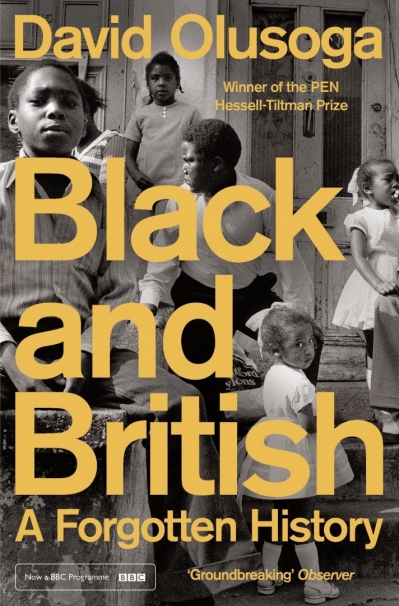
Franchise, The Golden Arches In Black America by Marcia Chatelain
Marcia Chatelain's Franchise investigates the complex interrelationship between black communities and America's largest, most popular fast-food chain. Taking us from the first McDonald's drive-in in San Bernardino to the franchise on Florissant Avenue in Ferguson, Missouri, in the summer of 2014, Chatelain shows how fast food is a source of both power-economic and political-and despair for African Americans. As she contends, fast food is, more than ever before, a key battlefield in the fight for racial justice. Acclaimed historian Chatelain gives us a stunning story of post 1960's urban black America.
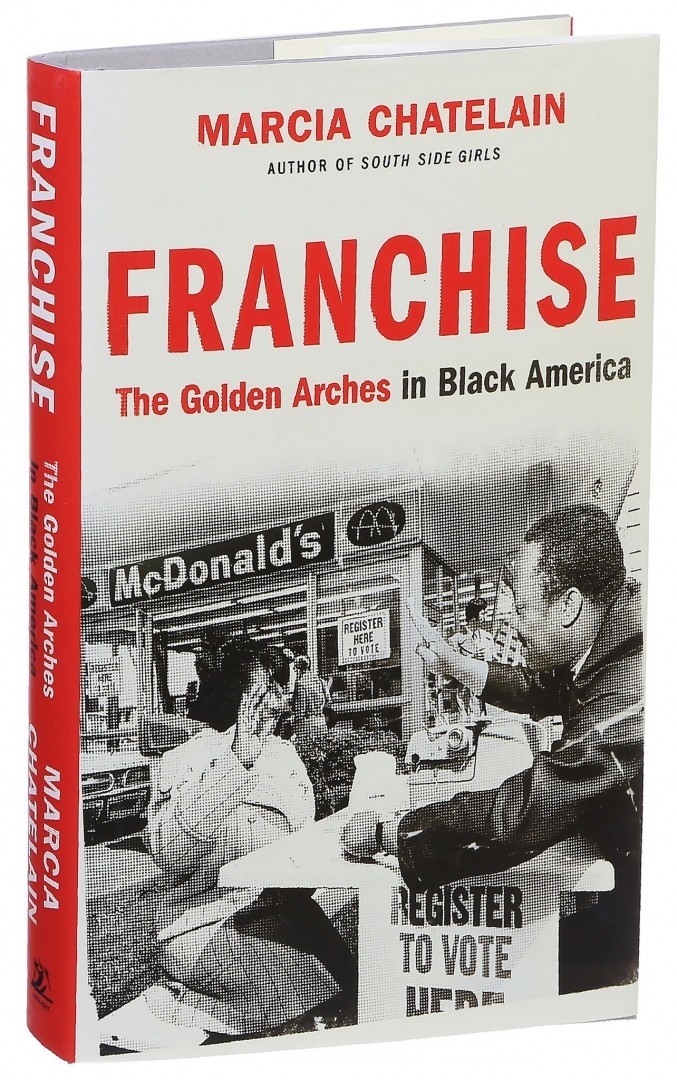
Black Is The Body by Emily Bernard
"Blackness is an art, not a science. It is a paradox: intangible and visceral; a situation and a story. It is the thread that connects these essays, but its significance as an experience emerges randomly, unpredictably" Emily Bernard sets out to tell stories from her life that enable her to talk about truth, race, family, relationships, and much more. She observes the complexities and paradoxes, the haunting memories, and ambushing realities of growing up black in the South with a family name inherited from a white man: of getting a PhD from Yale; of marrying a white man from the North; of adopting two babies from Ethiopia; of teaching at a white college and living in America's New England today. Ultimately, she shows us that it is in our shared experience of humanity that we find connection. If you read one book this month, make it this one.
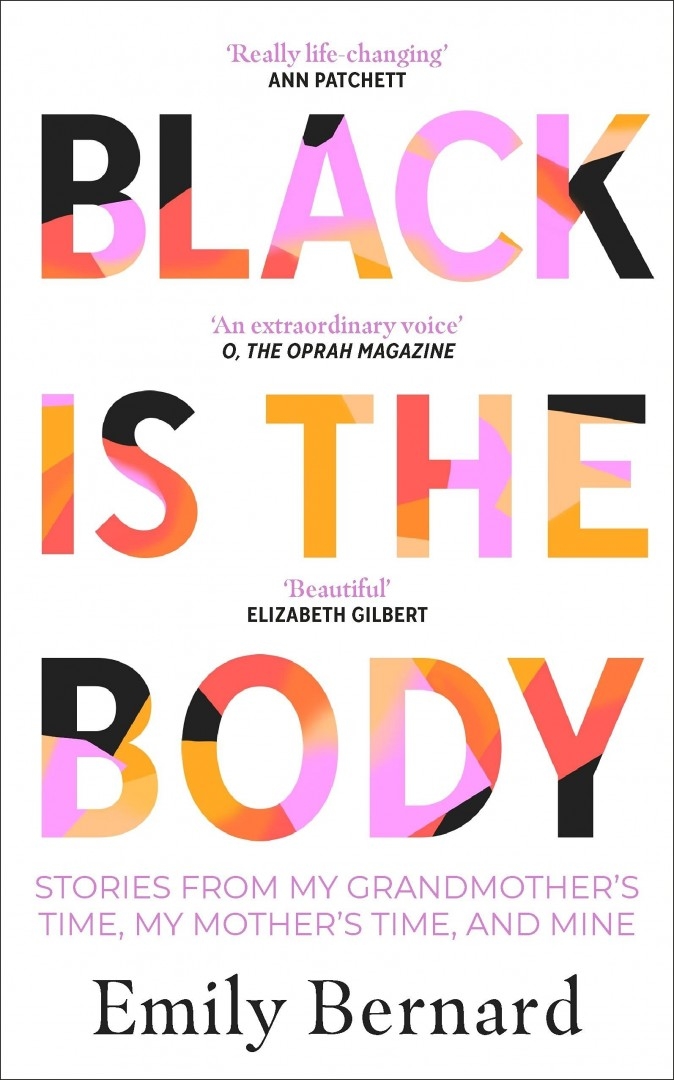
Their Eyes Were Watching God by Zora Neale Hurston
When sixteen-year-old Janie is caught kissing shiftless Johnny Taylor, her grandmother swiftly marries her off to an old man with sixty acres. Janie endures two stifling marriages before she finally meets the man of her dreams, who offers not diamonds, but a packet of flowering seeds. This is one of the very greatest American novels of the 20th century. Read it at 16 then again at 60 and twice in between, this text never fails to deliver and uncover at each discovery.
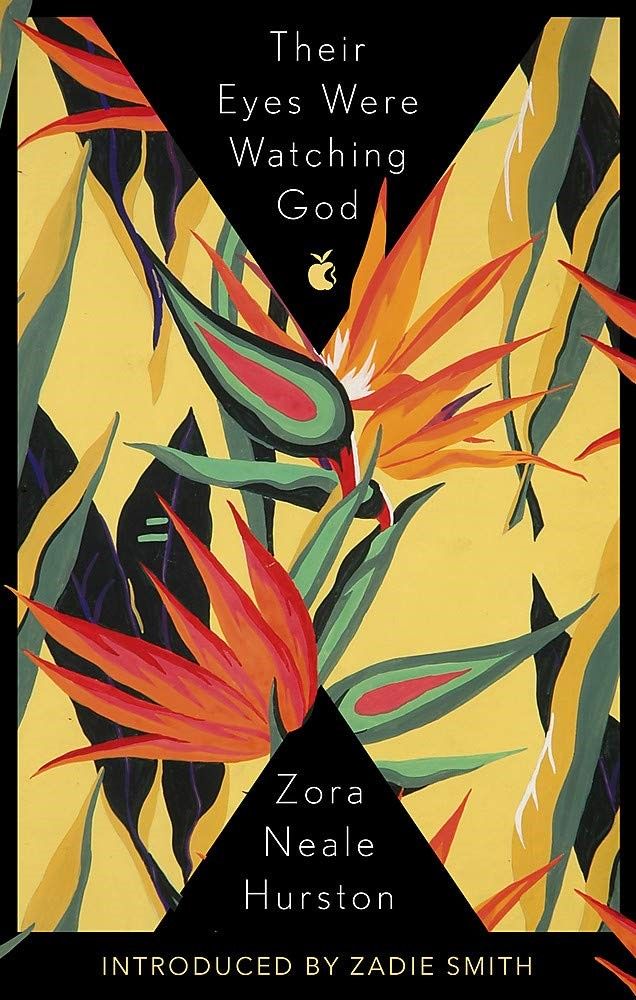
Events, Book Club, Subscriptions, Delivery, Great Advice








